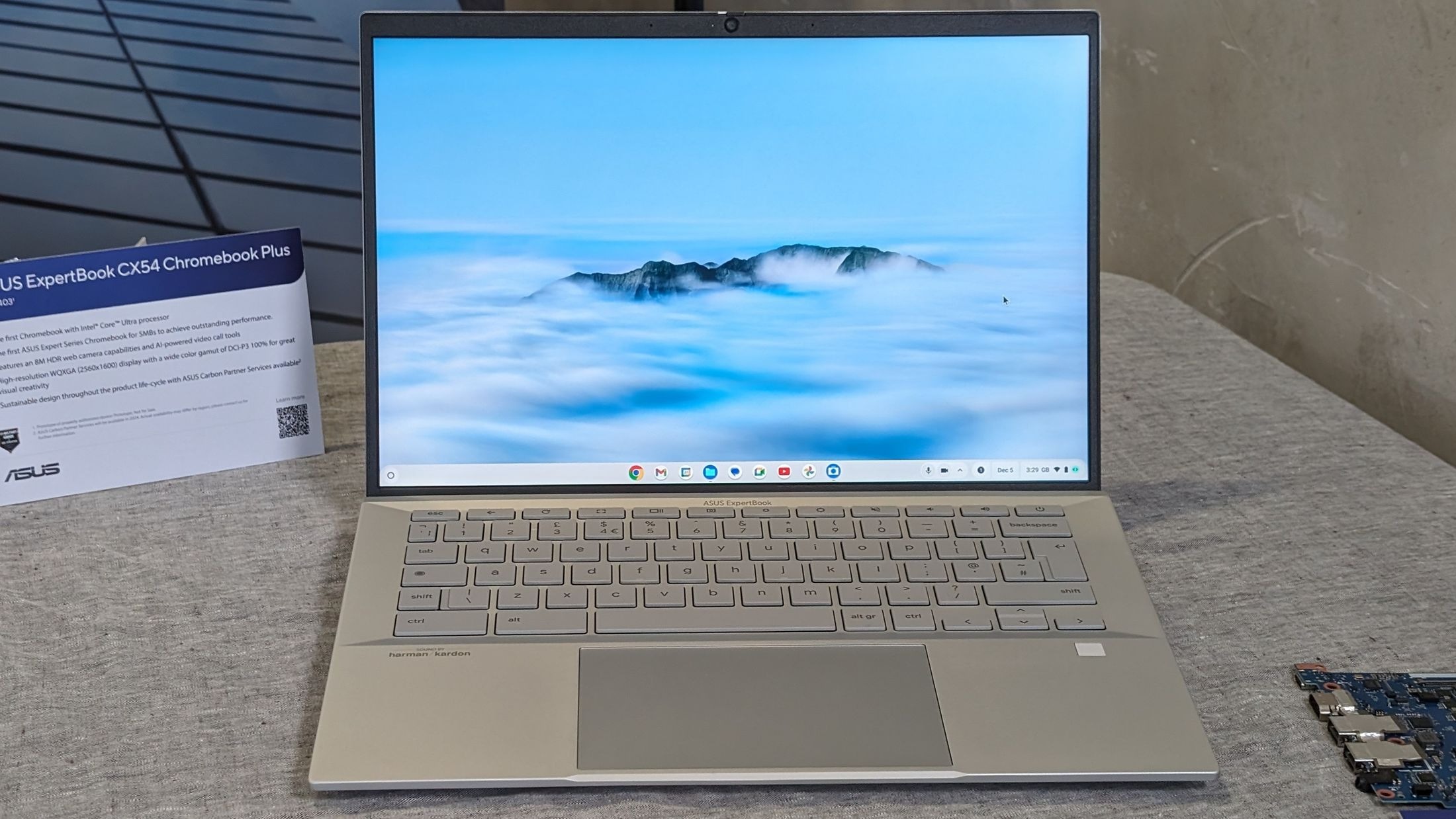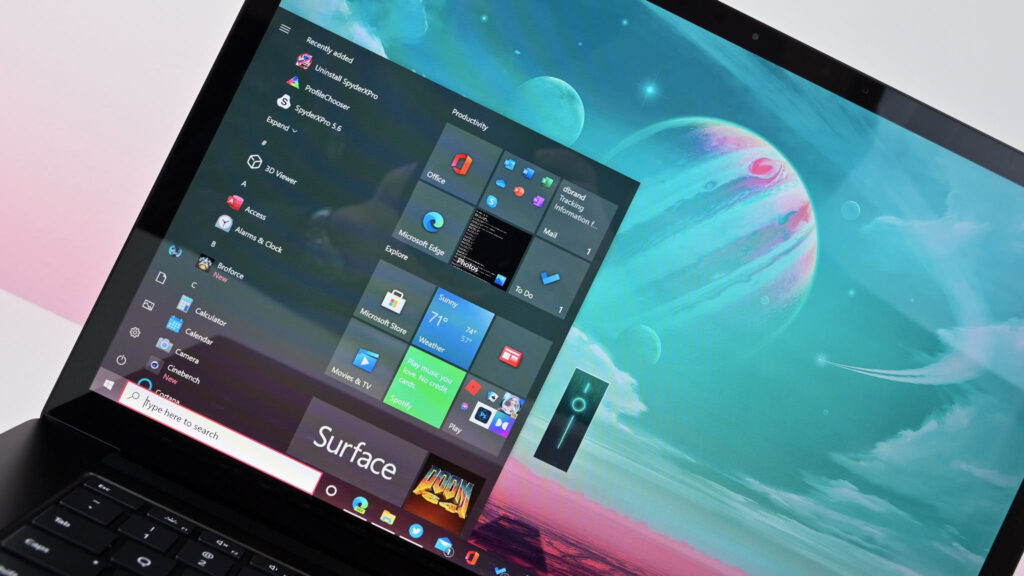Windows 10 support ends on October 14, 2025. After that cutoff date, PCs running the older operating system will not receive updates or support unless a user has taken extra steps to receive extended security updates.
Many have complained about Microsoft’s release of Windows 11 and the end of Windows 10 support, but one man took things a step further by suing the tech giant. Lawrence Klein filed a lawsuit in San Diego, California, that states Microsoft has used the end of Windows 10 support to drive people to purchase new devices:
“Microsoft’s decision to discontinue support for Windows 10 while most of its consumer base was still using it was part of the company’s larger strategy to force its customers to purchase new devices optimized to run Microsoft’s suite of generative artificial intelligence (AI) software such as Copilot, which comes bundled with Windows 11 by default.”
The lawsuit goes on to argue Microsoft used its dominance in the operating system space to market devices designed for generative AI.
Klein wants Microsoft to be required to provide support for Windows 10 without additional fees or conditions until less than 10% of Windows users are on Windows 10.
You can read the lawsuit in full to see all of Klein’s arguments. While I believe many of the claims have merit, there do appear to be some mistakes in the filing. For example, Klein claims that “Less than a year ago Microsoft announced that it would cease providing support for Windows 10 devices as of October 14, 2025.”
The cutoff date for Windows 10 has been known for much longer than one year. Even when that date made the rounds in 2021, it was already old news.
Slow Windows 11 adoption
Windows 11 launched around four years ago, but it only passed Windows 10 in market share recently. Microsoft has aggressively pushed users to upgrade to Windows 11, drawing criticism.
Despite Windows 10 support ending in just a couple of months, hundreds of millions of PCs still run the older operating system. Many of those devices are stuck on Windows 10 due to the operating system’s strict minimum requirements.
Some people prefer Windows 10 over Windows 11 or would miss certain features that Microsoft left out or changed when making its latest operating system.
The lawsuit highlights that many are unlikely to purchase new devices due to the end of Windows 10 support.
“With only three months until support ends for Windows 10, it is likely that many millions of users will not buy new devices or pay for extended support,” said Klein. “These users — some of whom are businesses storing sensitive consumer data — will be at a heightened risk of a cyberattack or other data security incident, a reality of which Microsoft is well aware.”
Klein is correct in stating Microsoft is aware of the security risks of running unsupported software. The tech giant released an ad earlier this year that told people to get on “the right side of risk” by upgrading to Windows 11.
That ad, like other Microsoft tactics pushing people to upgrade, was met with criticism from many.
“Using the end of support for your old operating system as a selling point for your new one is actually insane,” said YouTube user @LanceUzminski.
Back in 2023, the Public Interest Research Group claimed that the end of Windows 10 support will “cause the single biggest jump in junked computers ever.” The group argued that Microsoft was hypocritical for preaching sustainability then effectively turning PCs into unsupported junk.
“Given these past actions of Microsoft, it’s surprising that the company is forcing the transition to Windows 11. Not only is this bad for consumers, it’s also bad for the planet, since the outdated computers will add to our growing piles of toxic e-waste,” said PIRG’s Campaign Director Lucas Rockett Gutterman.
Alternatives to Windows

While Microsoft and Klein agree that running an unsupported operating system increases security risks, the parties have different solutions for the problem.
Microsoft’s solution requires people to purchase a new PC, pay for extended support, or meet certain conditions to get extended security updates for a limited time.
Since those options are not viable alternatives for millions of people, other companies have stepped up to fill the void. Google made its case for running ChromeOS earlier this year, highlighting that people can run ChromeOS on many devices that are incapable of upgrading to Windows 11.
Klein is far from the first person to state Microsoft should change plans surrounding the end of Windows 10 support. The “End of 10” group suggested people switch to Linux instead of buying a Copilot+ PC when Windows 10 support ends.
Extended Security Updates for Windows 10
Microsoft has not budged on its minimum requirements for Windows 10 or pushed back the end of support date. But the tech giant has announced an Extended Security Updates (ESU) program and given people options for signing up.
If your PC is stuck on Windows 10 or you don’t want to upgrade to Windows 11, you can enroll in the ESU program for $30. There’s also an option to enroll for free, though it requires syncing PC settings data to the cloud by using a Microsoft account.
While the ESU program can delay the urgency to upgrade to Windows 11, it is not a long-term solution. People eventually have to upgrade to Windows 11 or look at alternatives. Our Kevin Okemwa said the extra year of security updates feels like a “last-minute snooze button.”
I’ll be curious to see if Klein’s lawsuit and other complaints lead to meaningful action by Microsoft. I don’t predict the tech giant will change the end of support date for Windows 10, but I also never thought the company would offer free extended security updates.

